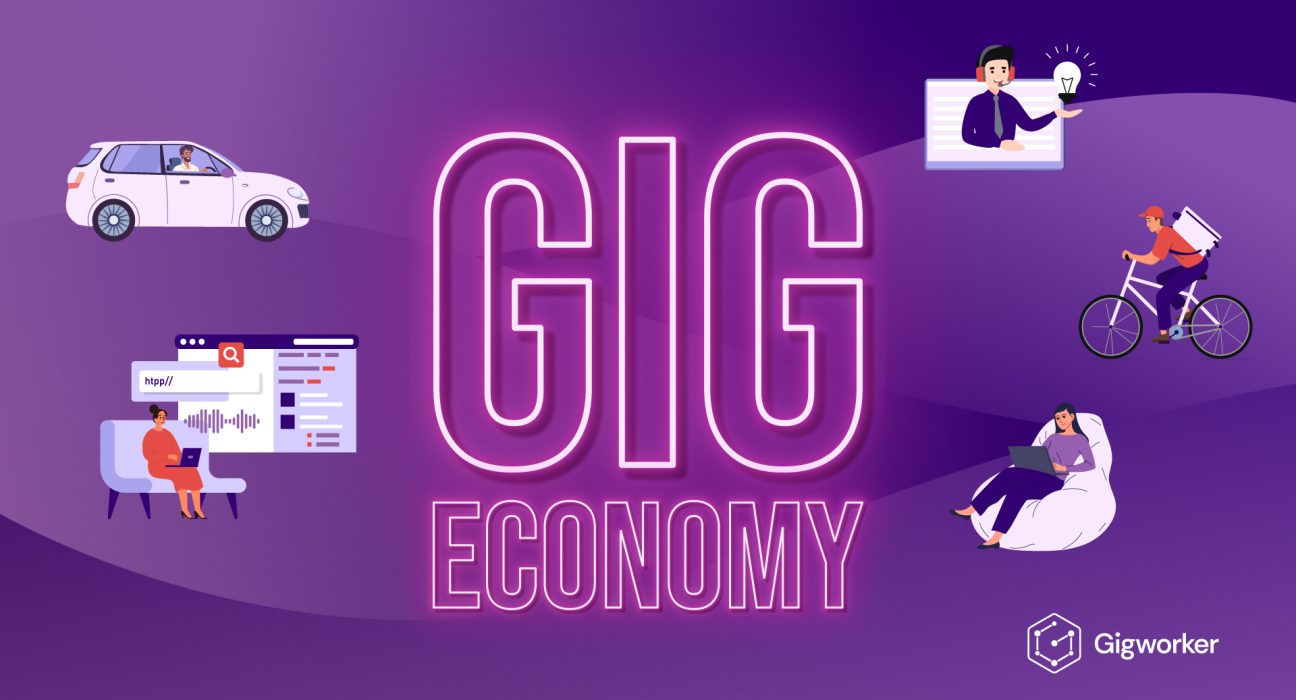The Impact of Gig Economy Jobs on Workers’ Rights and Stability

The gig economy has transformed the global workforce, offering flexible work opportunities through platforms like Uber, Fiverr, and DoorDash. While this model has opened doors for millions seeking autonomy and supplemental income, it has also raised concerns about workers’ rights and job stability.
One of the most significant impacts of gig economy jobs is the shift away from traditional employment structures. Gig workers are often classified as independent contractors rather than employees. This classification excludes them from benefits like health insurance, paid leave, and retirement contributions, leaving them vulnerable to economic instability.
The absence of a steady income stream is another pressing issue. Gig workers often face unpredictable earnings due to fluctuating demand, which can make it challenging to plan for long-term financial security. Moreover, many platforms lack transparency in how they calculate earnings, leading to disputes over fair compensation.
Job security is also a concern. Unlike traditional jobs, gig work offers no guarantees of continued employment. Workers can be deactivated from platforms without clear explanations or recourse, further exacerbating their precarious situation.
Despite these challenges, the gig economy has also introduced opportunities. It allows individuals to enter the workforce with minimal barriers and provides flexible work schedules that accommodate personal responsibilities. For some, it has become a stepping stone to entrepreneurial ventures.
Addressing the rights and stability of gig workers requires comprehensive labor reforms. Governments and platforms must collaborate to establish policies that balance flexibility with fairness. Providing access to social security benefits, implementing transparent payment structures, and ensuring due process in worker deactivations are essential steps.
In conclusion, the gig economy offers a mixed bag of opportunities and challenges. While it empowers workers with flexibility, it also demands greater protections to ensure that this modern workforce can thrive without sacrificing stability and rights.










